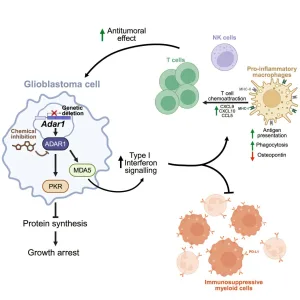Spousal Resemblance in Psychiatric Disorders: A 90-Year Study
A recent international study involving over 14 million individuals has revealed a fascinating insight into the similarities between spouses concerning psychiatric disorders. The research indicates that the resemblance in psychiatric conditions among spouses is consistent across nine different disorders and has remained stable over a period of approximately 90 years. This extensive study sheds light on potential shared risk factors or environmental influences that could contribute to the development of these conditions.
Key Findings of the Research
- Consistent Resemblance: The study found a consistent pattern of spousal resemblance across nine major psychiatric disorders.
- Longitudinal Stability: This resemblance has persisted across different birth cohorts over nine decades, suggesting enduring factors at play.
- Large Sample Size: With over 14 million participants, the study boasts a significant sample size, enhancing the reliability of the findings.
Implications of the Study
Understanding the reasons behind spousal resemblance in psychiatric disorders could have significant implications for mental health research and treatment. It may point to:
- Shared Genetic Predisposition: Couples might share genetic vulnerabilities that increase the risk of developing similar psychiatric conditions.
- Environmental Factors: Shared living environments and lifestyle choices could contribute to the development of these disorders.
- Assortative Mating: Individuals with similar traits or vulnerabilities may be more likely to form partnerships.
Future Research Directions
Further research is needed to explore the specific mechanisms underlying spousal resemblance in psychiatric disorders. Potential avenues for investigation include:
- Genetic Studies: Identifying specific genes that contribute to shared psychiatric vulnerabilities.
- Environmental Assessments: Evaluating the impact of shared environmental factors on mental health.
- Longitudinal Studies: Tracking couples over time to understand how psychiatric disorders develop and evolve within relationships.
Final Overview
This multinational study provides valuable insights into the enduring phenomenon of spousal resemblance in psychiatric disorders. By understanding the factors that contribute to this resemblance, researchers can develop more targeted strategies for prevention and treatment, ultimately improving mental health outcomes for individuals and couples alike.




+ There are no comments
Add yours